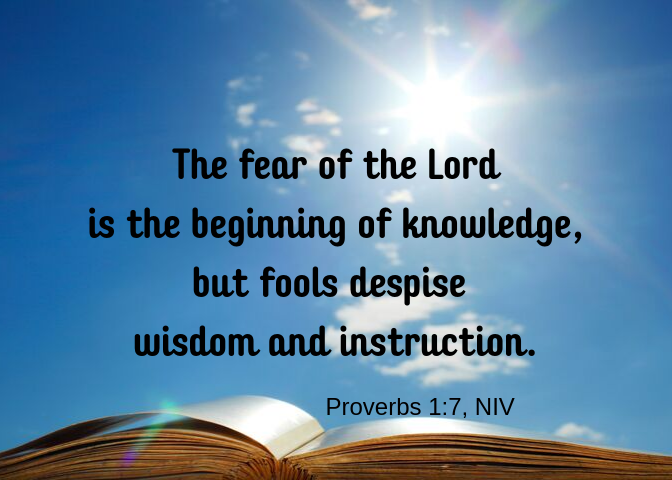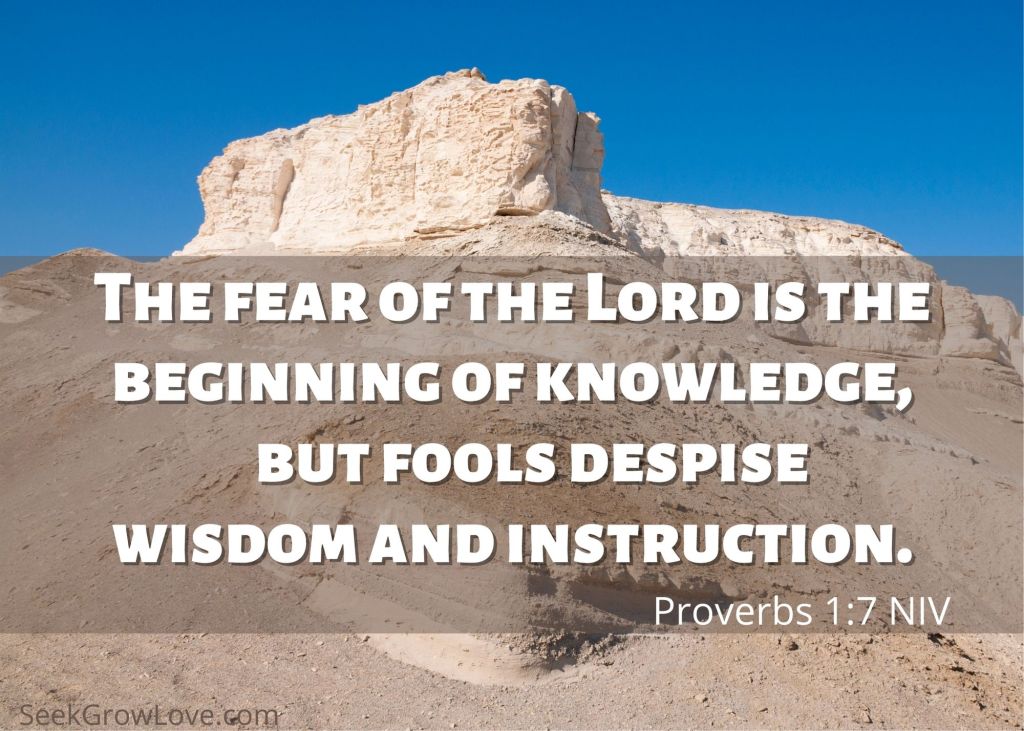
Genesis 1, Proverbs 1, Matthew 1
Devotion by Aaron Winner (SC)
Twenty years ago, I moved 1,000 miles with all my possessions loaded into a Buick Skylark, including my goldfish riding shotgun, to share a two-bedroom apartment with my newlywed wife. Now, as we move out of our home of fourteen years, it has taken six trips with a U-Haul, countless carloads, and a dumpster to move just 10 miles away. Granted, our family has grown to five people and a dog, but the math still doesn’t justify an increase of roughly 100 times more stuff. I can’t help but wonder: When did we get all of this? And why? Does it make us better equipped? Not necessarily. Does it bring us joy? Not really—especially not over the last month. Does it move us closer to God? Rarely.
This is not the rant of a minimalist millennial, nor a critique of your cherished possessions. There is still quite a plank in my own eye here. Rather, it is simply an acknowledgment that while we stand at the beginning of a calendar year, the beginning of a new reading plan, and the beginning of both the Old and New Testaments, we are not at the beginning of our lives. We carry things with us as we move from one year to the next. Our trailers in tow may look different, but they are often filled with trophies and affirmations, expectations and disappointment, habits and vices, grief and trauma. There can be a quiet vanity, trending toward insanity, in everything we accumulate along the way. However, in all of this, we can still look to “In the beginning…”
In Genesis 1, we are reminded that beginnings matter because our sovereign God is a God of purpose. Creation is not a random display of infinite power, but an act that makes all things matter (excuse the science pun). God purposely names, separates, and shapes what was formless, repeatedly calling it “good.” From the very first verse, we learn that clarity and meaning do not come from compiling, but from God’s intentional and intelligent design.
“The fear of the LORD is the beginning of knowledge; fools despise wisdom and instruction.” —Proverbs 1:7
Accumulation can be a trap —more plans, better systems, or tighter control—will somehow translate into the power and wisdom of our Creator. However, Proverbs’ opening provides a clear contrast. It is a pursuit in fear and reverence that makes God’s wisdom accessible. As we begin to examine what fills our moving truck from one year to the next, it is through God’s understanding that we prioritize what matters, process the hurt, and chunk into the bin the things that no longer serve His purpose for us. A good start might simply be to pause your reading long enough to tell your Heavenly Father you are ready to revere Him in the coming year.
Finally, our last beginning comes from the Gospel of Matthew, where Mary is foretold of the birth of Jesus. Gabriel says He will be called Emmanuel—“God with us”—the ultimate title given to God’s greatest gift of great joy to creation. He entered a crowded, cluttered world, as He still does today, not asking us to take on baggage on His behalf, but instead inviting us to bear only the burden of His cross.It is the one thing that should be clear and conspicuous as we wander, move, and rove; it is Christ who shoulders the majority of the burden, carrying it alongside us.
As I consider this moment —and the truckloads of stuff waiting in storage—perhaps the question is not what can I add to make this year memorable, but instead, where can I begin to let go in reverent surrender. As we begin to unpack what the next year might hold, let us first make room for God’s presence, preparing only to keep only what can be called good by our Heavenly Father in the beginning.
Reflection Questions
- What are you carrying with you into the New Year? What positive things? What has been put into your moving truck that is not beneficial to you? What might God like to see you surrender this year?
- What do you love about the creation account? What do you learn about God from His creation?
- How do you/could you prioritize the fear of the Lord? Pray for God to give you wisdom, insight and dedication to living this new start in a way that is pleasing to Him.



